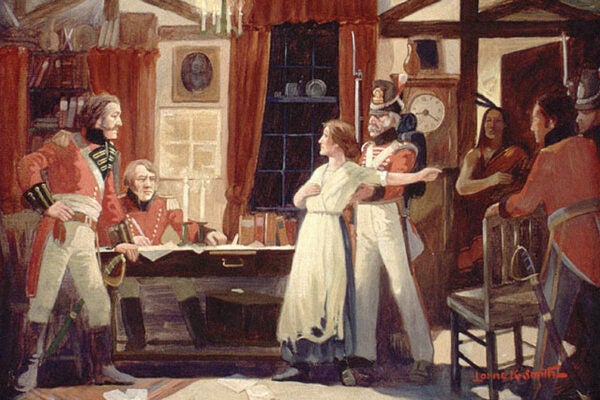Several prominent writers have withdrawn from the PEN American Center’s annual gala on May 5th because of the organization’s decision to give the staff of the French magazine Charlie Hebdo an award.
Controversy is nothing new to PEN, which originally stood for Poets, Essayists, Novelists. The first PEN was a club formed in London in 1921 by the poet, playwright, and peace activist Catherine Amy Dawson-Scott, who sought to bring writers together amicably over dinner in the aftermath of the First World War’s horrors.
Being international in scope, the organization’s ideal of a “world republic of letters” grew from there: today there are 145 PEN Centres/Centers in over 100 countries. The first PEN Congress was in 1923. John Galsworthy was the organization’s first president, H.G. Wells its second.
The crucible of the 1930s, the Second World War, and the Cold War transformed the organization. From a club that welcomed all writers just because they were writers, PEN became an advocate of cultural freedom, a history detailed by R. A. Wilford in the Journal of Contemporary History.
The Nazi-controlled German PEN, for instance, was expelled from the organization in the early 1930s. There was no Soviet-sphere PEN until 1988. In the 1930s, PEN began actively helping writers imprisoned or otherwise persecuted.
One notable example was future Noble-winner Wole Soyinka, who was released from a Nigerian prison in 1967 because the general in charge was impressed by a letter from Marilyn Monroe’s husband, the playwright Arthur Miller, then PEN President.
Wilford’s essay is especially relevant because it details the paradoxes of an attempt to be non-political in an inevitably and invariably political world. This is, in essence, the “…perennial dilemma of the intellectual. While wishing to exert some influence over a political party, movement or group, there is the implication that the party or movement must not expect to influence the intellectual…”
Today, PEN stands for Poets, Playwrights, Publishers, Essayists, Editors, and Novelists and exists to celebrate literature and to defend freedom of expression. The Charlie Hebdo affair shows that such things are debatable, and that cultural politics remain both cultural and political.







